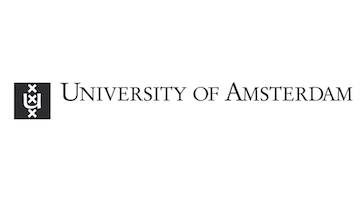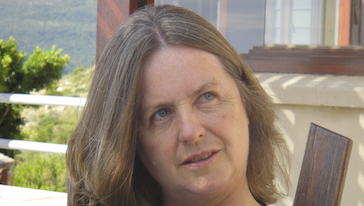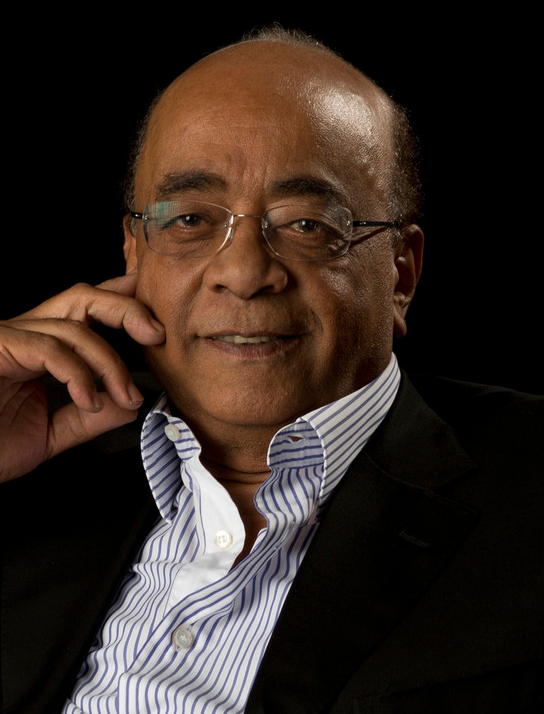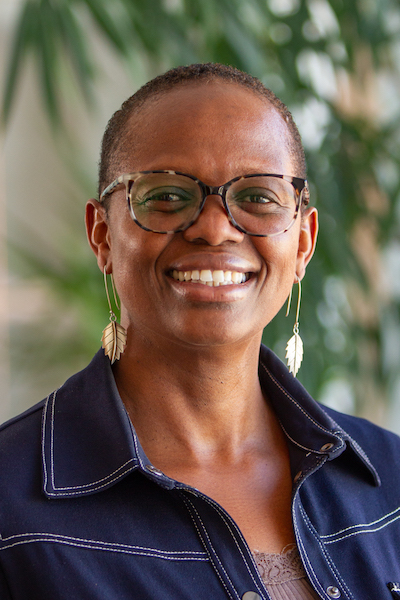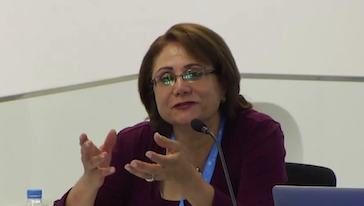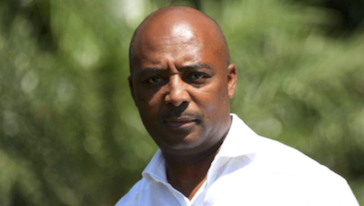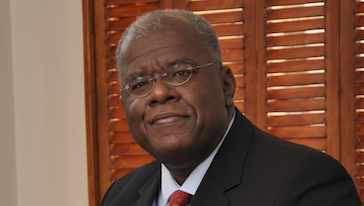Starting with questions about what an increasingly urban world implies for fairness at the national or global scale in the 21st century, the geographical reference points for this investigation of “fair cities” are both northern and southern urban places. This lecture traces the divergent and contradictory intellectual and practice based traditions that the notion of fairness in the city implies, including the work on urban equity (rights, opportunity, access, affordability); justice (electoral; procedural, distributional, enforcement and); redistribution (urban welfare and post conflict); the public good and the good city.
The central point is to demonstrate that ideas and practices about fairness in the city vary over time and space and that while there is appropriate concern about rising exclusion and the withdrawal of social protection in some centres, typically older more affluent cities, from new urban nodes, largely in the global south, there are counter tendencies and new innovations that support the utopian aspiration that cities will provide a better future for the millions of new residents that will call them home over the decades to come.
